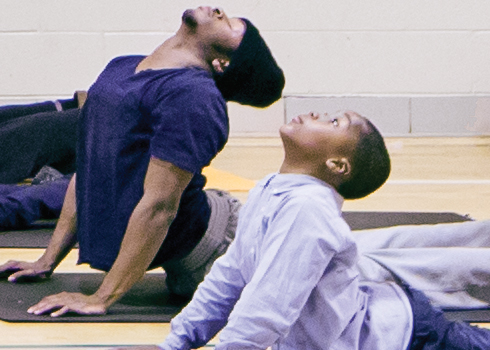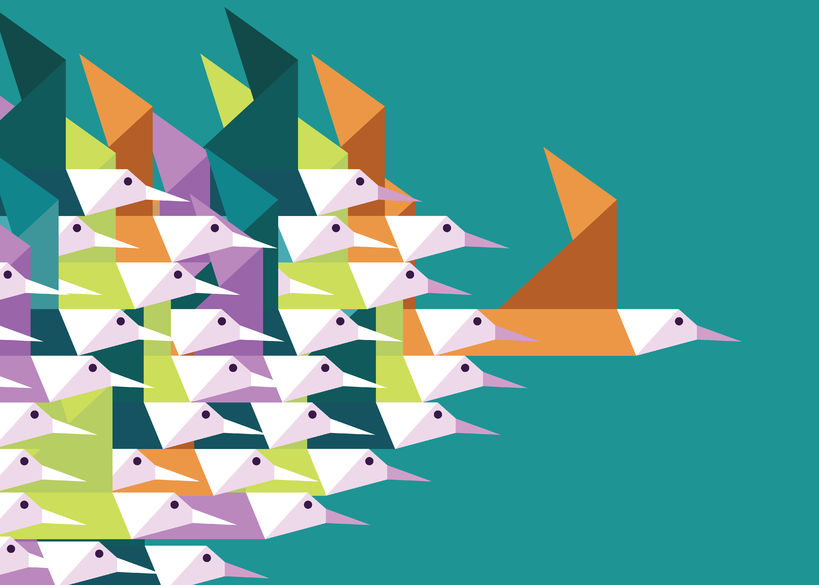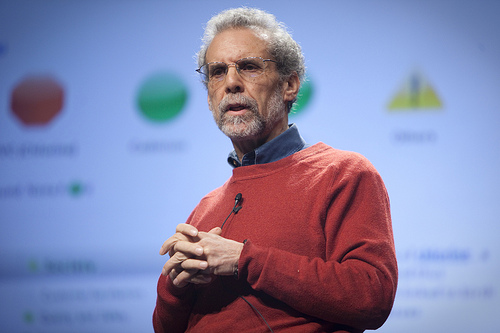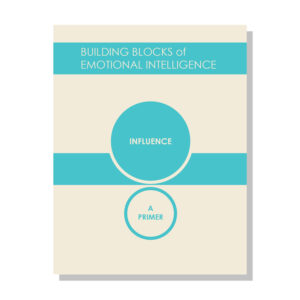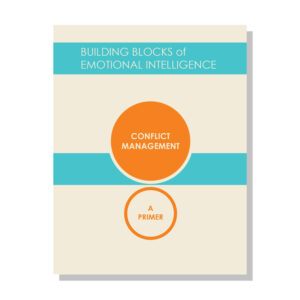
The following is an excerpt of Elad Levinson’s interview with Leadership Development News.It’s no secret that the “softer” personality traits aren’t as valued in organizations. Empathy, self-reflection, and goodwill take the backseat to efficiency, results, and profits. What would you say if I told you that fostering the former skills would actually improve the latter?
Jane Dutton, one of the founders of the Center for Positive Organizational Scholarship and University of Michigan Roth School of Business, has been studying and researching compassion in the workplace. Her research shows that when you train in mindfulness, it has an immediate impact on the quality of your relationships with your colleagues.
Mindfulness and compassion in the workplace happens in three ways:
Responsibility
You take more responsibility for your own reactions to situations. Instead of being unaware of the impact you have on the people around you – whether it be the team you manage, the project you’re a part of, or even in your personal life outside of work – you begin to step back and observe. Once you are able to view yourself from a semi-objective standpoint, you will find that your actions, positive or negative, may have been really influencing outcomes.
Listening
Your listening skills will be immediately impacted. When you are mindful, you tend to be able to put aside your internal reactions to things and really listen to someone and what they are experiencing. As a result, you will improve in being able to include other people and their experiences with the problems you’re trying to solve, which will make not only you, but your team, happier and more efficient.
Warmth
You just might become warmer. You become more interested in others. There is a sense of concern that the people around you might translate as, “I’m with you, not against you. I’m here for you and interested in your growth and development.”
What people like Jane Dutton and myself are trying to say is that there is room for compassion in the workplace. Work should not be a place you have to completely turn yourself off. Practicing mindfulness and compassion in the workplace can start with you; give it some time and you just might notice your colder co-workers warming up to you, and your workplace become a more enjoyable place.
Preview the free Introductory Module from Thriving on Change here.
Learn more about the course here.
Download Elad’s free ebook, Learn to Dance on Jello here.


